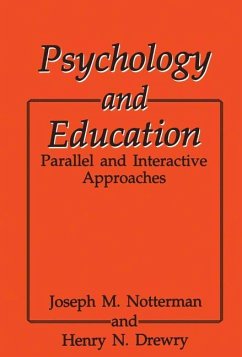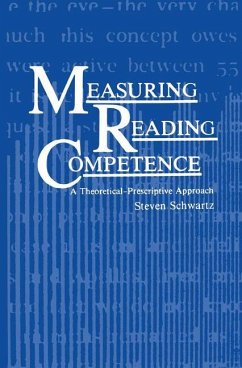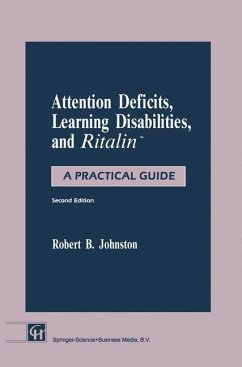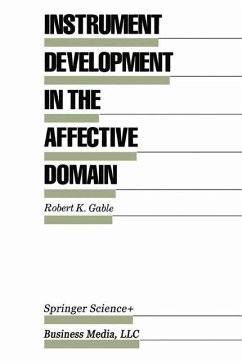
Psychology and Education
Parallel and Interactive Approaches
Versandkostenfrei!
Versandfertig in 6-10 Tagen
38,99 €
inkl. MwSt.
Weitere Ausgaben:

PAYBACK Punkte
19 °P sammeln!
Drawing on the tradition of John Dewey and William James, the authors offer a concise overview of psychological theories and their applications to education, while managing to maintain the distinction between the two disciplines. Their seminal work will prove invaluable for educators, administrators, students in teacher preparation programs, as well as psychologists.












